Beat the Winter Blues by Syncing Your Body Clock with the Seasons {The Science of Circadian Rhythms and Mastering Your Internal Clock}
Use these 4 Ways to Beat the Winter Blues with the Science of Circadian Rhythms and Mastering Your Internal Clock!
You can find more mindfulness guidance, healthy recipes, lifestyle tips and more on my YouTube Channel!
Affiliate Discloser & Privacy Policy (please review our complete policy here): we use affiliate links and analytics on our website, social media posts and newsletter which utilize cookies placed on your browser to track sales activity. This post is NOT sponsored but may contain affiliate links. When you click an affiliate link on our Website, a cookie will be placed on your browser to track sales activity. When you click these links and purchase a product, we may receive a small commission to help support the maintenance of our website, but the price is the same for you. Users can control the use of cookies at the individual browser level. Please review our complete privacy policy here. Thank you for your support! These statements have not been evaluated by the FDA and should not be considered medical advice or treatment. Please consult your personal health provider before making any changes to your diet or lifestyle.
The time of year between the winter holidays and the rebirth of spring can bring on the winter blues. With shifting seasons, less daylight and colder weather leading to more time spent indoors and a tendency to be less active, your mood, hormones and mindset can easily become out of balance.
Many people experience feeling the winter blues or a bit out of balance with the shifting seasons. Some are even more susceptible to the mood-influencing effects of these seasonal shifts. In fact, up to 9% of North Americans living at more northern latitudes experience symptoms severe enough to warrant a clinical diagnosis of seasonal affective disorder (SAD) and even more suffer from milder cases of the winter blues.
The winter blues are not all in your head! There are biological and physiological explanations for why seasonal shifts and the cooler temperatures and darker days of winter can leave you feeling less energetic, cause an irregular appetite, impact your sleep and make you feel down during the winter months.
How Your Body Keeps Time: Circadian Rhythms and Your Internal Master Clock
You have an internal clock which coordinates your circadian rhythms. Circadian rhythms operate on a roughly 24-hour cycle and influence when you begin to feel sleepy, when you wake up and when you carry out various bodily processes. In fact, the 2017 Nobel Prize in Physiology or Medicine was recently awarded for discoveries which explain how plants, animals and humans adapt their biological rhythms so that they are synchronized with the Earth’s revolutions.
These circadian rhythms are regulated by a group of nerves in the hypothalamus of the brain known as the suprachiasmic nucleus or your master clock. This signaling center responds primarily to environmental cues, such as light and dark exposure and air temperature, to trigger the release of hormones, regulate temperature and influence metabolism, sleep and mood.
When everything is in balance and you keep regular sleeping and eating schedules, your body can run like clockwork. For example, your body temperature rises just before dawn to help you feel alert and ready to wake up and drops at night to help promote sleep.
But when your body clock is disrupted or thrown out of balance by occasional or continuous interruptions of sleeping patterns, changes in light exposure, working the night shift regularly or other disruptions in your schedule, your natural circadian rhythms can become accelerated or slowed, leading to a cascade of physiologic impacts.
Disruptions in Circadian Rhythms Lead to Imbalances in Health
Since these oscillating patterns have such wide-reaching impacts throughout the body, a variety of health impacts can result when circadian rhythms become disrupted. These include:
- Asthma
- Allergies
- Cardiovascular disease
- Elevated blood pressure
- Metabolic disorders
- Insomnia
- Neurologic disorders
- Mood imbalances
For example, reduced exposure to natural sunlight during the shorter days of winter is one big factor contributing to seasonal mood swings and winter blues. The circadian clock monitors changes in day length, so when there is less daylight, it can become thrown off.
Less light during the day has been shown to lead to a lower production of serotonin, a neurotransmitter that may help to regulate mood and contributes to feelings of wellbeing and happiness. Further, changing light-dark cycles also impact melatonin production in the brain. This hormone triggers sleep and affects the production of stress hormones.
These disruptions in your circadian rhythm during the winter months impact your sleep-wake cycle, impair digestion and can contribute to an increased risk of mood disorders in the long-term.
Synchronize Your Body with the Seasons
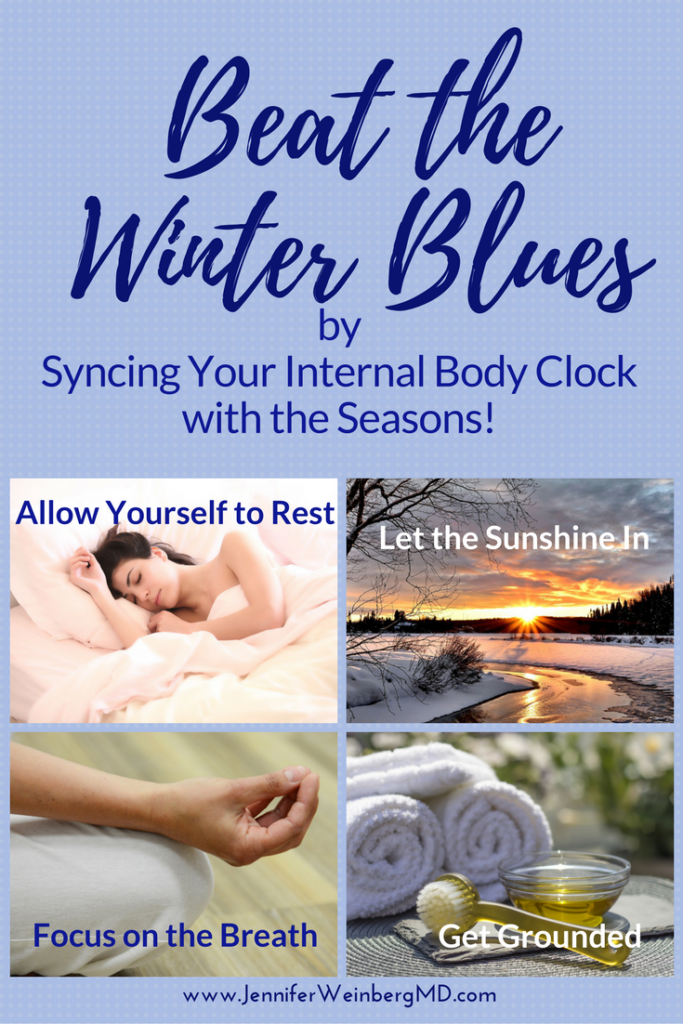
Just as plants follow cyclical patterns, you can become more in tune with the innate patterns of nature to help keep your body balanced and avoid the winter blues. Many medical traditions, such as Ayurveda and Traditional Chinese Medicine, incorporate a knowledge of circadian rhythms into their approach to seeking balanced health.
If you are feeling a bit blah and ready to hibernate until spring, consider some of these strategies to rebalance and enjoy the season! Be sure to discuss your symptoms with your healthcare provider and seek support for severe changes in mood, appetite or sleep.
Allow Yourself to Rest
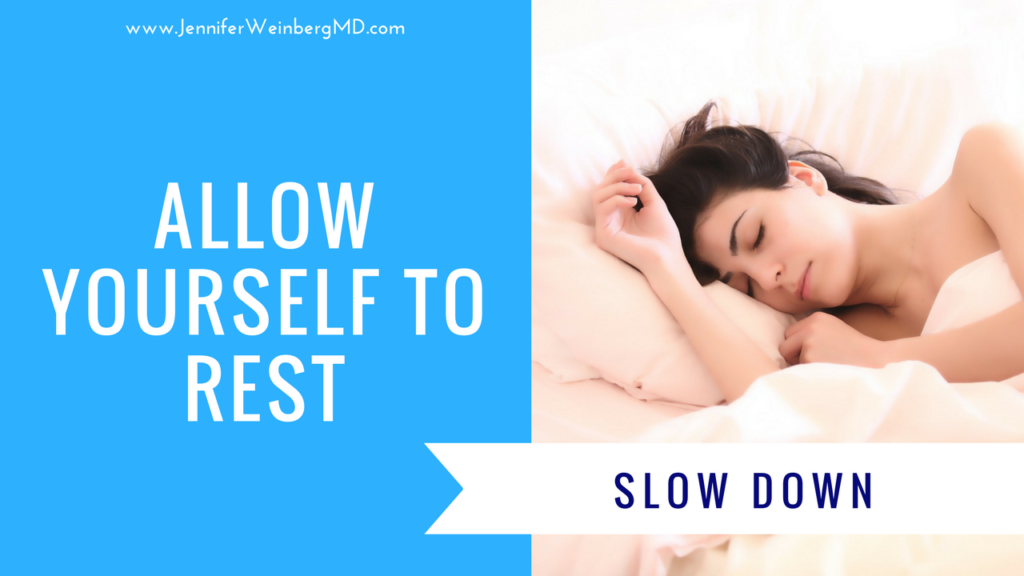
With less sunlight and colder temperatures, it is natural to seek more rest and reflection in the colder months. Rest is crucial for your health all year round and is especially important to help your body adjust to the shifting seasons. Before electricity was widespread, people lived by the cycles of the sun and moon, awakening with sunrise, staying active during daylight and slowing down for rest as darkness fell. But in modern life, many live in more urban environments and become out of touch with nature’s patterns.
As your body is exposed to fewer hours of sunlight during shorter winter days, the pineal gland in the brain produces more melatonin which makes you feel sleepy. Instead of fighting your circadian clock and forcing yourself to stick to the same schedule year-round, use this as an opportunity to get in touch with and listen to your body.
Ayurveda suggests going to bed by 10 pm. To prepare your body to slow down and allow it to start to shift into rest and repair mode,
- Opt for some quality downtime at least one hour before going to sleep;
- Avoid exercising late in the day and switch off your electronics;
- Avoiding exposure to artificial blue light from screens will allow your body’s internal clock to help you prepare for and get into a deeper, restful sleep.
- Instead try dimming the lights, taking a warm bath and/or engaging in some light stretching or restorative yoga to prepare your body for sleep.
For more ways to build mindfulness and ease in your life, pick up your copy of The Whole Cure (affiliate link).
Let the Sunshine In

Since sunlight has such a powerful influence on your circadian rhythms, it is important to spend time in natural sunlight even during the colder weather. To stay in sync with a roughly 24-hour cycle, the brain needs the input of sunlight through the photoreceptors in your eyes to send signals directly to the hypothalamus and impact your circadian clock.
Spending time outdoors and exposing yourself to sunlight can help to synchronize your internal clock. The morning is an especially significant time for keeping your internal clock synchronized. When you awaken gradually with the sun, it stimulates hormones like serotonin and cortisol to progressively increase your heart rate, blood pressure and body temperature which allows the body to calmly shift from sleep to activity and prepares you for the day. Even simply opening the blinds first thing in the morning or taking a 15-minute walk outside in the sunshine can lift your spirits and help you stay more balanced.
Focus on Your Breath
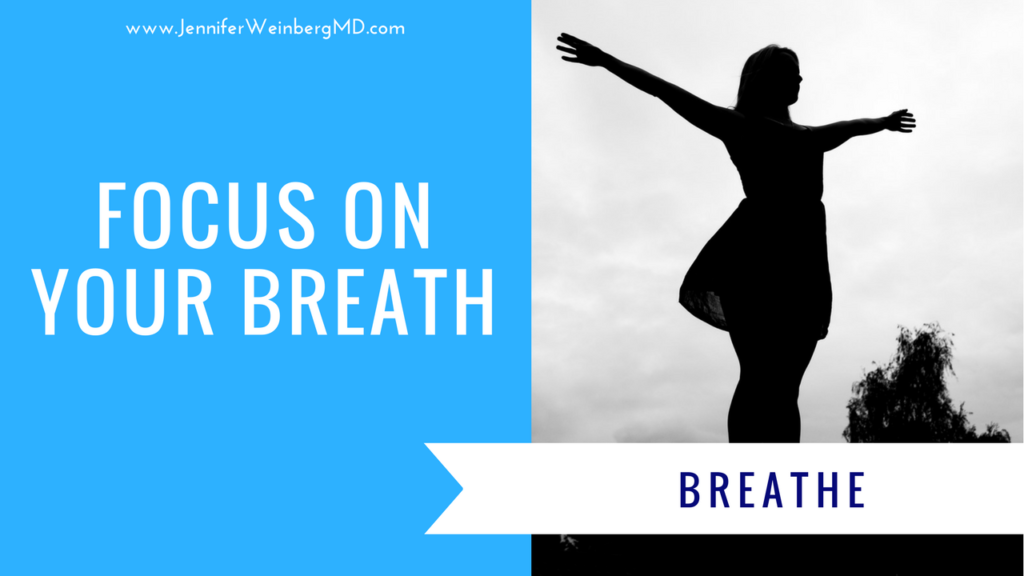
Like nature, the body and mind are inclined to slow during late autumn and early winter. Excessive exercise and activity can contribute to imbalances and burnout at a time when the body craves rest and renewal.
If you are feeling tired, slow down. If your body is telling you to do a gentle restorative yoga session instead of going for a long run, listen. If you feel run down, take some quiet time for meditation or a guided relaxation exercise.
Notice how your body naturally works to keep you in balance.
According to Ayurveda, as the weather cools down, the lungs are particularly susceptible to imbalance and disease. Take time each day to pay attention to your breath and practice some focused slow, deep breathing.
You can also incorporate lots of wide arm stretches and heart-opening poses into your yoga practice to open the lungs and stretch the connective tissue that supports them.
Get Grounded
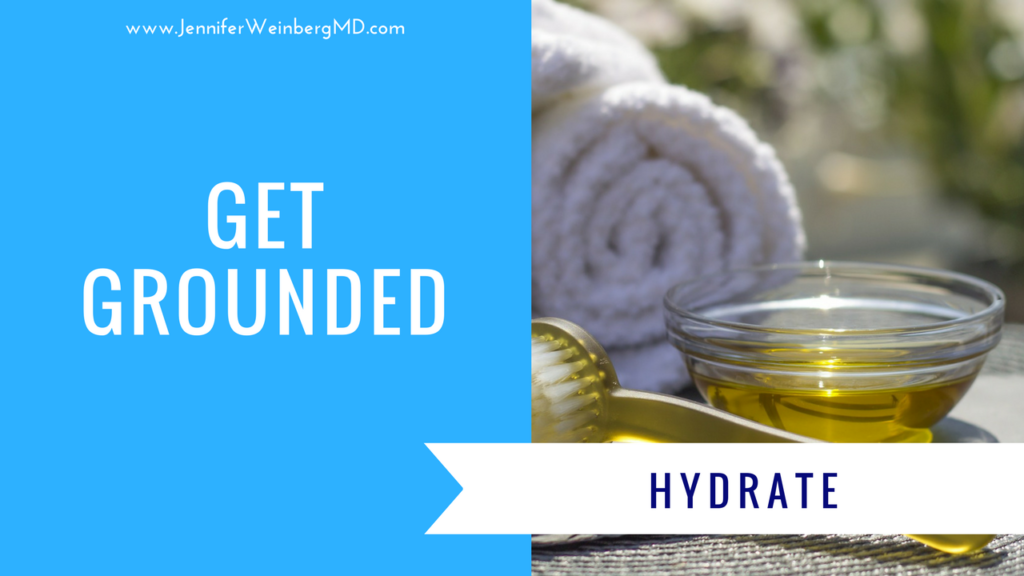
Staying well hydrated and avoiding becoming too dry can also help you stay grounded. Abhyanga or oil-massage is an Ayurvedic practice that nourishes the body and soothes the mind. It is especially balancing in the cold, dry winter months and can be incorporated into your routine for some restorative self-care.
Massage your skin with warm, organic sesame oil to soothe the nervous system, keep your lymph system flowing and hydrate your skin. You may also desire to rub a drop of sesame or coconut oil inside your nasal passages to keep them moist and lubricated during the dry cool weather.

This winter, try shifting your mindset and using this as a time of renewal and re-energizing. Choose one or two new habits and pay attention to how your mind and body feel.
By paying attention to your daily rhythms and staying grounded and in touch with nature, you can emerge refreshed and renewed with a positive perspective come spring!
An article exploring this concept also appeared on Chopra.com!
Circadian Rhythms and Your Internal Clock: 4 Ways to Sync with the Winter Season
Have you felt the winter blues?
How do you stay grounded in the cold weather?
I would love to have you in my Insider’s Community! Join for free and receive your FREE Chapters from The Whole Cure: 52 Essential Prescriptions to Overcome Overwhelm, Reclaim Balance and Reconnect with a Life You Love! You can pick up a full paperback or Kindle copy on Amazon (affiliate links) for a wealth of insights, exercises and complete toolkit to help you uncover your true passions, authentic purpose and calm confidence as well!
To stay on track all season long and start the New Year healthy and energized, take the next step today to commit to a life you truly love and feel fully alive.
-
Pick up a copy of The Whole Cure (affiliate link) to build resilience and manage stress in a way that makes life flow with greater ease and joy!
-
Access guided relaxation exercises utilizing the power of the breath and mind here.
-
Join my next online group Whole Cure Lifestyle Transformation Programs to build more powerful coping strategies and skills for meaningful stress management and a calmer life! Contact me to form your own guided online group or register for the next scheduled online program!
Medical Disclaimer: Information provided in this post and related resources are for informational purposes only. Jennifer Weinberg is not providing medical advice, diagnosis or treatment information. The information is NOT intended as a substitute for the advice provided by your physician or other healthcare professional. Every body is unique so be sure to check with your healthcare professional before making any dietary or lifestyle changes taking any medication or nutritional supplement or using any treatment for a health issue. Do not use this information provided for diagnosing or treating a health problem or disease. If you suspect you have a medical problem please contact your healthcare provider promptly and do not disregard professional medical advice based on anything on this website. This website and related resources are not intended to diagnose, treat, cure or prevent disease and do not create a doctor-patient relationship between you and Jennifer Weinberg. These statements have not been evaluated by the FDA. These products are not intended to diagnose, treat, cure, or prevent any disease.
This post was shared with: Healthy Living Link Party, Saturday SITS Sharefest


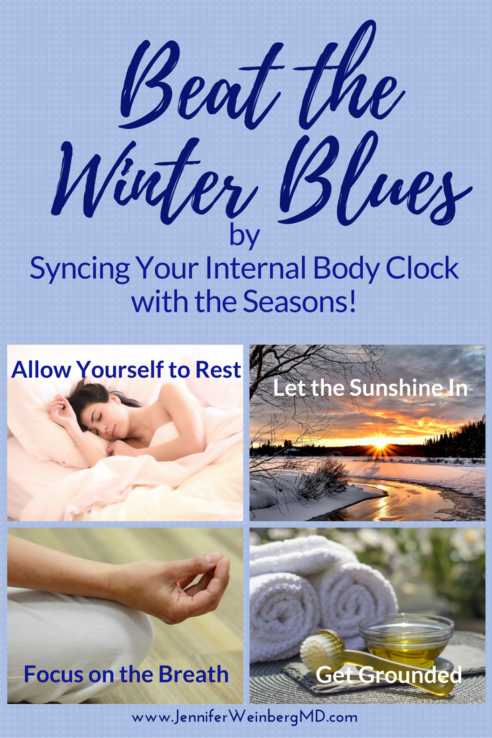
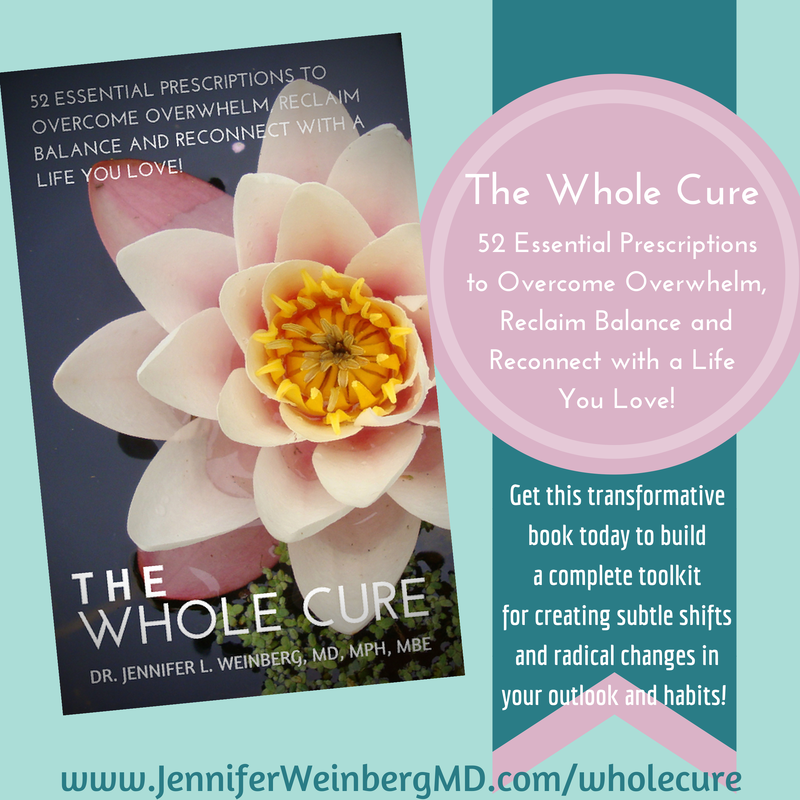
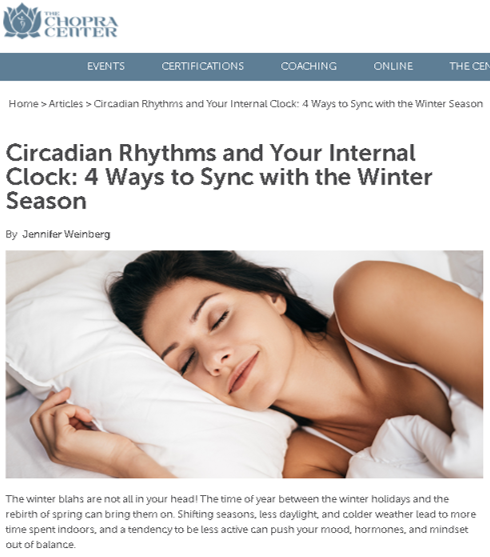

Comments
Jamie King
Such great tips, I’m always interested in how to sleep and WAKE up better. Thank you!
Dr. Jennifer L. Weinberg, MD, MPH, MBE
Thank you Jamie!